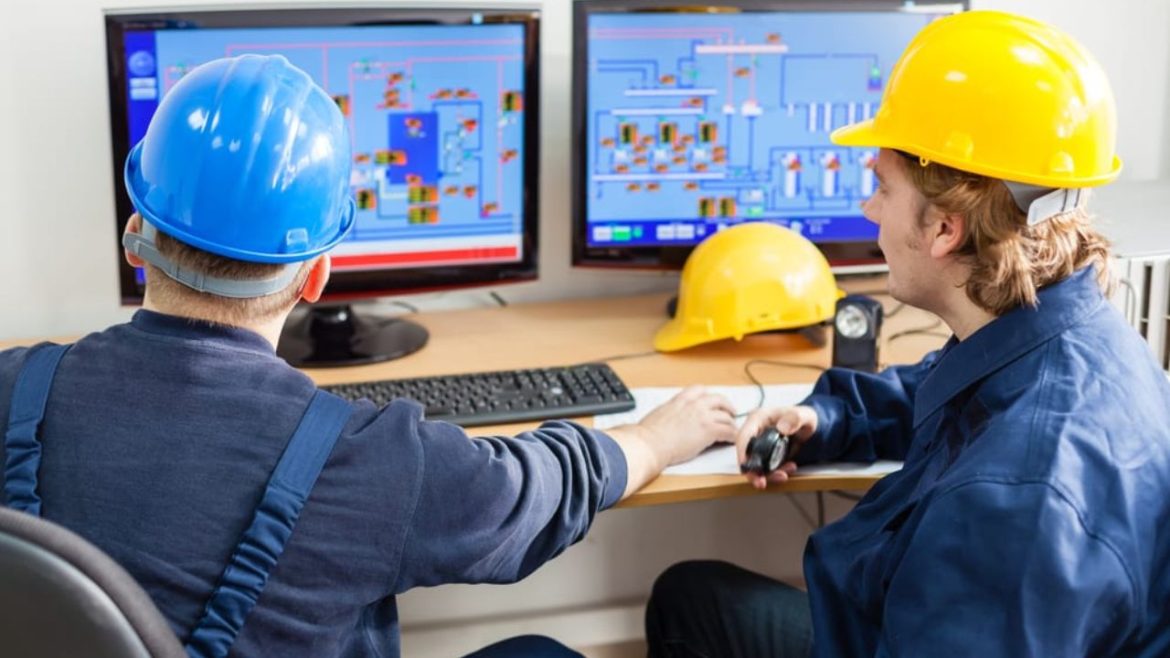Table of Contents
In high-speed industrial work, downtimes are not merely a nuisance but can result in significant financial loss, delays in production schedules, and even risk to safety. With industries getting more modernized and dependent on computerized systems to automate operations, acquire and control data, the availability of powerful computing equipment is becoming more and more important. Strengthened Reinforced Industrial Computer Series have become a very effective response to such problems, providing durability and performance in situations where traditional systems do not survive.
Comprehending the Downtime Cost in Industrial Environments
Industrial downtimes are triggered by a combination of factors, including hardware failure, environmental stressors, software issues, or system incompatibility. The manufacturing, logistics, transportation, and energy sectors are the ones that could suffer the loss of productivity, missed deadlines, and labor expenditure when only a few hours of stops are experienced. Industry research has shown that unplanned downtime may cost manufacturers thousands of dollars per hour, so system reliability is not only a technical concern but also a fiscal one.
The conventional commercial-grade computers might not be strong enough to cope with the intense conditions in industrial settings. They are sensitive to dust, moisture, vibration, and extreme temperature, and all these are common in factories, in outdoor installations, and in mobile applications. Such failures result in constant repairing, replacement, and technical requirements, all of which increase maintenance costs.
The Difference between Reinforced Industrial Computers
Industrial computers are reinforced to work reliably in challenging environments. In comparison to the standard PCs, these systems are designed using industrial-grade components and protection like rigid enclosures, fanless thermal design, and tolerance of high and low temperatures. The construction of these machines has resistance to shock, vibration, and electromagnetic interference, and therefore can be used in mission-critical systems where failure of the system is ruled out.
As an example, Refan Electronics Co., Ltd. is a specialist in its rugged computer platforms and high-performance monitor solutions that are designed to run 24/7. Their strengthened systems are applied in industries where environmental and operational pressures may be very harsh. The tough built nature means that these computers do not break down regularly, hence bringing down the overall cost of ownership in the long run.
Reduced Maintenance Costs and Long Lifespan
Among the greatest benefits of the reinforced industrial computers, it is possible to note the decreased level of necessary maintenance. They have closed designs that do not allow dust and debris into the system and block the traditional cooling mechanism and leading to overheating or component failure. Most of the units are equipped with solid-state drives (SSDs) rather than with mechanical hard drives, reducing even further the points of failure. Also, fanless cooling can remove the failure point that is most likely to occur in industrial PCs, moving parts.
Reinforced systems normally last longer than consumer-grade devices due to their durability. The companies experience fewer repair tickets, lower inventory of spare parts, and fewer onsite technical interventions. This will not only be cost-effective but also help in streamlining the IT resource use and the burden on technical support teams.
Maximizing Uptime in Critical Operations
Hardened industrial computers are made to be reliable and stable, particularly in industries where outages are not only expensive, but hazardous. These systems contribute to the fact that work is carried out in oil and gas bases, transportation systems, and automated production lines without interruption and danger. They offer reliable performance, data loss prevention, diagnostics, and monitoring in real time when deployed with stable software and integrated support systems.
The reinforced PCs also assist in early forecasting of issues with the system before it leads to failures, as they allow predictive maintenance and real-time data analysis. Such predictive maintenance will allow the operators to address minor problems before they generate larger outages, which will further increase the uptime and productivity.
A Long-Term Business Investment
Although reinforced industrial computers may be more expensive than commercial-grade systems in the short term, it is a significant saving over the long term. The result of reduced downtimes, fewer repair incidents, extended equipment life-cycle, and improved operational efficiency leads to major cost advantages. The systems are worth their costs because they reduce downtime on production and maintenance costs.
Conclusion
To sum up, strengthened industrial computers are a clever investment for any organization that works in harsh environments. They are a key part of the contemporary industrial infrastructure due to the fact that they help decrease downtimes and maintenance expenses. Since industries are still going through the digitalization process and implementing automation, the need to find resilient, rugged computing systems will only increase in the future, and reinforced industrial computers are not an alternative, but a requirement.

